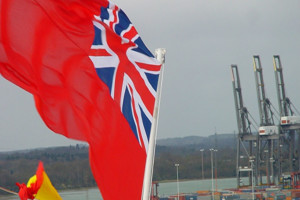Brexit could provide the United Kingdom with new economic freedom if the country exits the EU Customs Union, a new report by UK’s Centre for Policy Studies (CPS) says.
The report, entitled The Free Ports Opportunity, calls on the country’s government to take the opportunity to create Free Ports across the UK.
A Free Port is an area inside a country geographically, but legally outside of the country’s customs territory. Goods can be imported, manufactured or re-exported inside the Free Trade Zone without incurring domestic customs duties or taxes. These are only paid on goods entering the domestic economy.
According to the CPS report, Free Ports would “increase manufacturing output, create employment regionally, and promote trade.”
Free Trade Zones would also support economic activity through financial incentives like Research and Development (R&D) tax credits, regulatory flexibility, and tax reductions.
As a member of the EU Single Market and Customs Union, the UK does not have control over its trade policy and it is not able to set its own tariff/customs duties and administration.
The report suggests that the Free Ports program would build on an existing UK strength – Britain’s port infrastructure.
Unlike many other countries with often just a single (taxpayer-funded) super port, the UK contains dozens of successful, large-sized ports, which are all privately financed, CPS said. These are spread around the country and are already home to manufacturing clusters.
Free Port jobs would be created in areas outside London where the economic need is higher, according to the report.
There are approximately 3,500 Free Trade Zones worldwide, employing 66 million people across 135 countries. Currently, there are no Free Trade Zones on the UK mainland.
